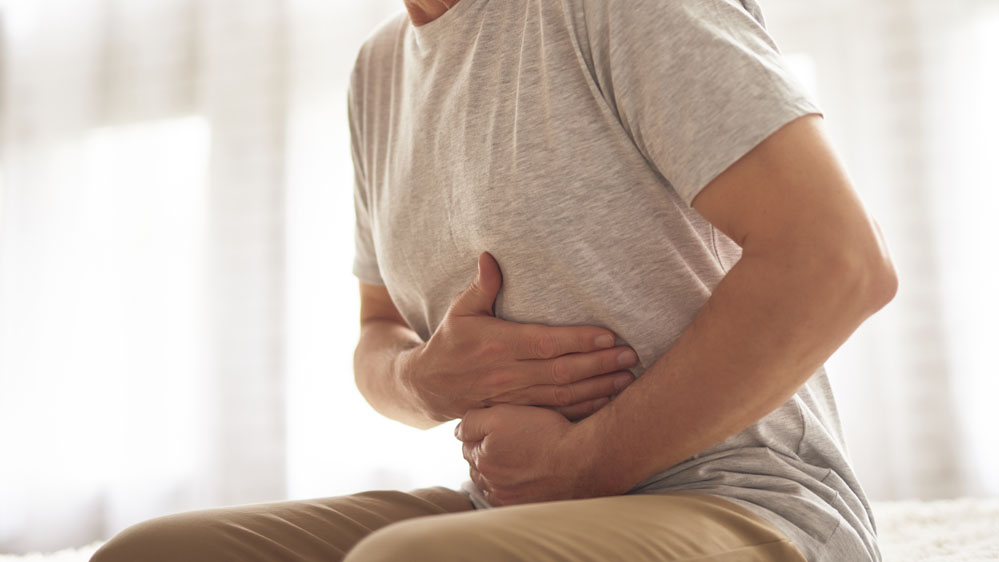Diverticulitis and Diverticulosis: Symptoms, Diagnosis and Treatment
As you age, the walls of your intestines can weaken, leading to small pouches that bulge outward. An individual bulge in the intestine is called a diverticulum, and multiple bulges are diverticula. When you have diverticula, you have a disease called diverticulosis. Most people with diverticulosis have no problems with the condition.
When diverticula become infected, you have a condition called diverticulitis, which can cause serious, possibly life-threatening problems.
No one knows for sure what causes diverticulosis, but genetics may play a role. Other risk factors include smoking, obesity, inactivity and poor diet.
Many digestive health problems can be managed by your primary care provider. Find a provider accepting new patients. If necessary, he or she can refer you to one of our board-certified gastroenterologists.

Diverticulitis Symptoms
Diverticulosis often has no symptoms until you develop diverticulitis. The infected diverticula often cause intense pain on the lower left side of the belly. Abdominal pain may start out mild and get worse over time, or it can start out intense and slowly fade. Diverticulitis can also cause nausea and vomiting, fever, and problems with bowel movements.
For a long time, researchers thought a high-fiber diet could prevent diverticulosis, but recent studies have called this into question. However, a high-fiber diet may help reduce symptoms associated with diverticulosis.
Diagnosing Diverticulitis
In addition to performing a physical exam and taking blood tests, your physician may order a CT scan to diagnose diverticulitis. A CT scan takes multiple high-resolution images of your abdomen. Before a CT scan, you may be asked to drink a special material called contrast that helps the physician see your intestines more clearly.
Diverticulitis Treatment
Treatments for diverticulitis vary based on the severity of your infection. Mild diverticulitis can be treated with oral antibiotics, rest and a liquid diet. As your symptoms disappear, you will need to talk to your doctor about reintroducing solid foods.
More serious cases may require a hospital stay and IV antibiotics and/or nutrition. Left untreated, diverticulitis can cause a hole in the colon, which leaks bacteria into the abdominal cavity, as well as other potentially dangerous complications that may require surgery. A common procedure for diverticulitis is a colon resection, in which the affected area of your intestine is removed and the remaining sections are joined together.
